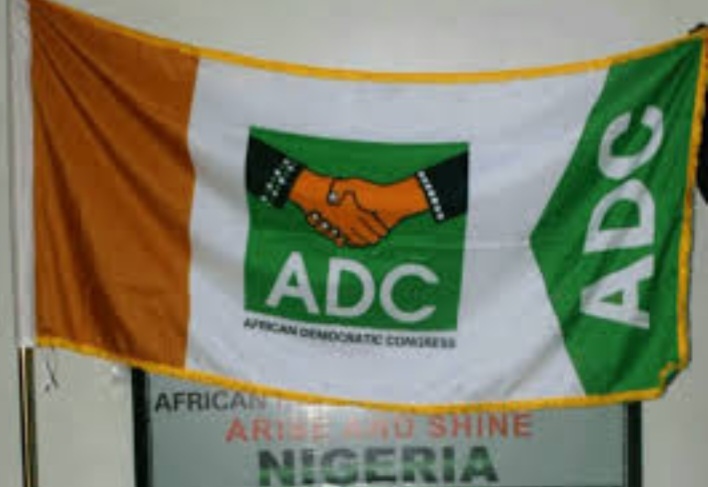As part of its efforts to improve consumer experience and strengthen the telecommunications sector, the Nigerian Communications Commission (NCC) has introduced an initiative to limit telecom operators to a maximum of seven tariff plans each.
The Commission said this move is to improve transparency and reduce the vast array of tariff options and promotional elements that make it difficult for consumers to make informed decisions.
This move appears to mirror the decision of India’s Telecom Regulatory Authority (TRAI), which in 2004 restricted telecom operators to no more than 25 tariff plans to enhance billing transparency.
In announcing its decision, the Indian regulator had said:
“The major reason for initiating this consultation process was that the service providers have been offering a large number of tariff plans, and there were reports that this was confusing consumers and affecting their ability to make informed choices.”
Officials of the NCC, on the other hand said one major concern for them is the confusion between tariff rates for promotional and regular plans.
“In some cases, operators apply different effective tariffs to bonus accounts, resulting in different tariffs for the main account and bonus account. This information is not communicated to consumers, which may lead to uninformed decisions,” a NCC document noted.
NCC Addresses Growing Concern Over Data Consumption
NCC Reaffirms Pledge To Safeguard Telecoms Infrastructure, Enhance Service Accessibility
Never Pay DisCos To Replace Faulty Meters, Transformers, NERC Tells Customers
Obasanjo Not Ideal Leader To Emulate, Tinubu Fires Back At Ex-President
The NCC also said it decision to Streamline the tarrif regimecame after findings that some networks offer as many as 145 data plans and over 27 voice plans, which has served to confuse consumers.
Ikechukwu Adinde, Director of the Consumer Affairs Bureau of the NCC told journalists at a recent capacity building session that the Commission’s goal was to to simplify the process, making it easier for consumers to choose plans that suit their needs.
The two-training for journalists held at the Digital Bridge Institute (DBI) at Oshodi, Lagos.
“The current tariff structure, with multiple promotions and add-ons, creates uncertainty for consumers,” Adinde said. “For instance, one telecom company offers 14 voice plans and 145 data plans, while another has 27 voice plans and 41 data plans. This complexity hinders consumer satisfaction,”Adinde explained.
Responding to a question on speed of data depletion, Adinde emphasised the need for consumers to understand their data usage, saying several programs are often running even when a phone appears to be inactive.
He urged consumers to monitor and manage their data usage by reviewing the apps that consume the most data and adjusting their phone settings accordingly.
“Consumers must understand how their data is used. We have launched awareness campaigns to educate users on managing data usage, particularly on smartphones.”
He added that the NCC had published approved tariff plans on its website to ensure transparency and promote consumer education on data management.





